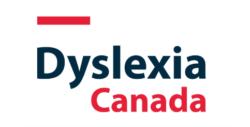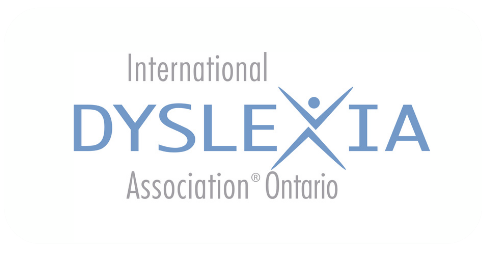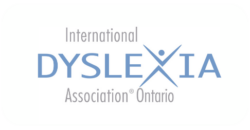This title is a must-read for any educators working with multilingual learners (MLLs) of all ages, referred to in the book as English Learners (ELs). It affirms the necessity of a structured literacy approach for these students, while adding in the extra layers of support […]
This resource has been compiled by a group of Canadian language and literacy experts. It is organized into three primary segments. First, it highlights the essential information educators should possess about various research types, enabling them to stay well-informed and knowledgeable about the connection between […]
In this episode, host Kate Winn welcomes Dr. Sonia Cabell for a candid discussion about five key research-based elements of early language and literacy instruction for young children.
In this podcast episode, Kate Winn hosts Diana Burchell for a conversation about language learners. Is structured literacy appropriate for multilingual learners? Can early screening and intervention support students in French Immersion? What does research tell us about the language and literacy development of refugees […]
It is of critical importance that educators learn as much as they can about students’ home language in order to provide both effective and culturally relevant and responsive instruction. ASHA maintains a list of phonemic inventories that support educators in learning more about the structure […]
In this International Dyslexia Association Perspectives article, author Elsa Cárdenas-Hagan highlights considerations for multi-lingual learners around vocabulary instruction and provides evidence-based instructional practices to support their progress. The article explains the need for morphological instruction and support for middle school students and outlines special considerations for […]
In this 45-minute webcast from Reading Rockets, Cynthia Lundgren & Kristina Robertson explore the role of vocabulary in reading comprehension and provide practical strategies for improving reading comprehension for Multilingual Learners.
This PaTTAN webinar featuring Dr. Elsa Cárdenas-Hagan focuses on structured literacy for English Language Learners, addressing evidence-based practices for the explicit instruction of oral language strategies within a structured literacy lesson. A variety of strategies are demonstrated.
In this podcast episode, Dr. Elsa Cárdenas-Hagan discusses structured literacy for English Language learners. Evidence-based instruction for English Learners involves recognizing the unique history, culture, and usage of each language, plus research-based explicit instruction. Dr. emphasizes the reciprocal relationship between language and literacy, wherein language aids literacy, and literacy enhances language skills.
In this International Dyslexia Association Perspectives article, Gloria Ramírez discusses the significance of morphological awareness in second language learners’ vocabulary learning and reading comprehension, providing valuable insights for educators. The article emphasizes that explicit and systematic instruction on morphological awareness can greatly benefit language learners, especially those facing reading difficulties. Educators can use the principles presented in the article to effectively teach students to identify smaller meaning units in complex words, enhancing their word reading accuracy, fluency, and comprehension. Additionally, the article highlights the transferability of morphological awareness skills from the learners’ first to their second language, enabling educators to capitalize on their existing language skills to improve their vocabulary and reading comprehension in the target language. Educators can better support second language learners developing strong language and literacy skills by incorporating these principles into their instruction.




